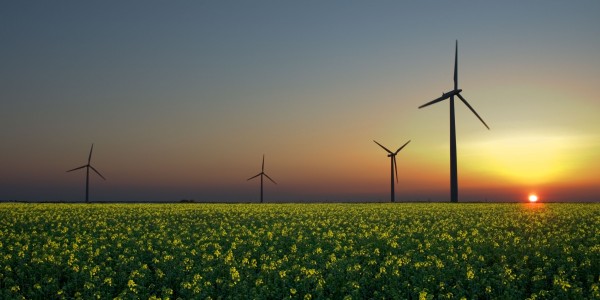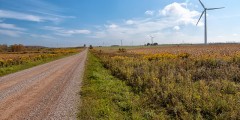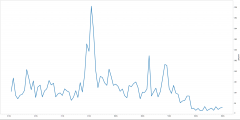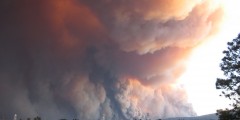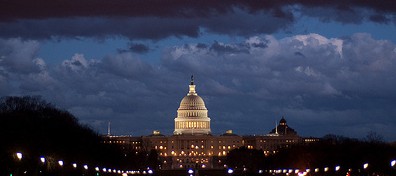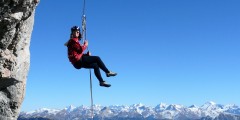Mitigation, adaptation, geoengineering: Patterns of discourse, patterns of mystery
June 5, 2013
This blog relates more to an ESRC project on climate change than to the Leverhulme project on climate change and scepticism, but I think there is a tangential link. As part of the ESRC project, we are interested in finding patterns in climate change communication and policy over time and across countries. In that context …
Debating empty chairs: creationism, climate and public engagement
May 17, 2013
This week, Making Science Public has been very proud to welcome US film director Jeff Tamblyn during his UK visit. On Wednesday we screened his amazing film, Kansas vs Darwin, a documentary charting the attempts by members of the Kansas School Board to introduce creationism and intelligent design into high school science teaching. The film …
Families of climate scepticism I: faulty science?
April 12, 2013
At last week’s British Sociological Association conference, I presented some initial observations from my research on climate change scepticism. My starting point was that climate change scepticism – or as it is often inaccurately described, denial – is not monolithic. Those people typically labelled as sceptics vary in their arguments. Sometimes may employ many different arguments, some may focus on …
Competitive risk promotion: A historical assessment
March 27, 2013
This is a guest blog post by Adam Burgess, who specialises in the sociology of risk (University of Kent, School of Social Policy, Sociology and Social Research) I’d like to take up where Brigitte left off in her blog post about the antibiotic apocalypse and very schematically draw attention to what I would describe as …
Moderation impossible? Climate change, alarmism and rhetorical entrenchment
February 27, 2013
Intense, polarised debate has been a hallmark of much public debate over the science and politics of climate change. Recently, there have been warnings that “heated rhetoric over ‘deniers’ not only likely alienates broader publics, but it also likely turns off many moderate and centrist influential” (Nisbet 2008). Calls are now being made for a …
Extreme weather events, climate change and the media
January 30, 2013
I am not a scientist. I am a media analyst of sorts. I therefore cannot check the veracity of scientific statements that establish a link between climate change and an increase in frequency of extreme weather events or scientific statements that dispute such a link. I also find it difficult to assess what climate is, …
Weather 1, Climategate 0
January 25, 2013
A short post sparked by this new paper linking public ‘belief’ in climate change with the weather conditions at the time they were polled (£). From the abstract: Belief that humans are changing the climate is predicted by temperature anomalies on the interview and previous day, controlling for season, survey and individual characteristics. Or, as David …
The Threat of Fracking: Real or Constructed?
December 14, 2012
Guest post by Dr. Rusi Jaspal, Research Fellow on the ESRC’s Climate Change as a Complex Social Issue programme in the School of Sociology & Social Policy. (This post can be read in conjunction with Rusi’s 2014 article in The Conversation) Global energy consumption is likely to rise significantly over the next two decades with …
Inside climate science: the opening and closing of IPCC expertise
December 12, 2012
This is a guest post by the University of Nottingham’s Paul Matthews – outlining what he can (and can’t!) divulge about the IPCC’s peer review process. The Intergovernmental Panel on Climate Change (IPCC) is the scientific body established by the United Nations to provide assessments of current knowledge in this complex and controversial field of …

